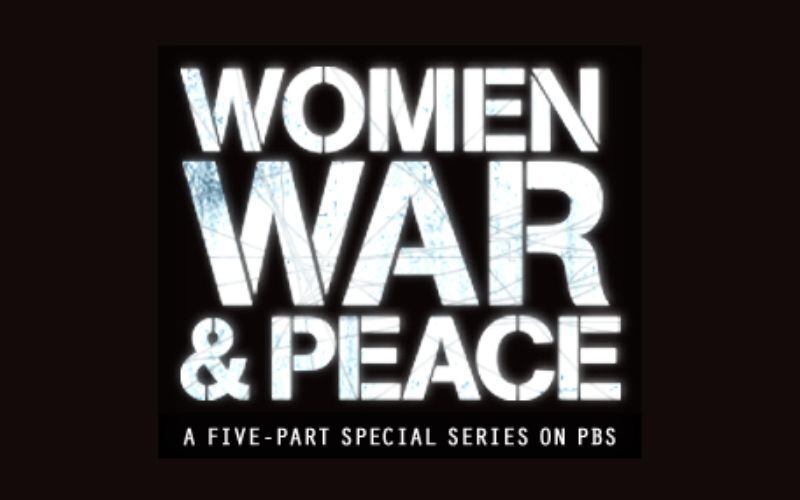Mothers, Daughters, and Slavery Make Disturbing 2014 Holiday News Part 2
"Beauty is not always truth, and truth is certainly not always beautiful."
~ from How I Wrote about My Mother within the Context of Her Own Skin
Although President Woodrow Wilson in his May 9, 1914, proclamation established Mother’s Day as an official American holiday, recognition of mothers as sources of enduring love, patience, and the eternal stream of life itself had long been observed in cultures around the world. With that in mind, the extended excerpt below is shared as a token of solidarity with the Nigerian mothers (and fathers) of the young women kidnapped by the al-Qaeda affiliate known as Boko Haram.
How I Wrote About My Mother within the Context
of Hew Own Skin (an excerpt by Aberjhani)
The first literary work I produced about my mother was the poem titled Return to Savannah (which currently resides on page 108 of ELEMENTAL The Power of Illuminated Love). I did not write it to present to her as a token of appreciation for Mother’s Day or her birthday. Nor did I write it to spew across paper acid rants about memories of maltreatment, negligence, or other childhood traumas that had followed me into adulthood and periodically stunned my brain with revelations of just how tough I’d sometimes had it.
I wrote Return to Savannah because we had come to a point where we were both adults and sharing space within a house where the priorities of our separate lives rarely matched and I needed to cultivate a functional understanding of her as a human being in her own right rather than simply as MY mother or as anybody’s anything else at all.
Her job as the reigning matriarch of our five-generation African-American family required constant interaction with grandchildren and great-grandchildren, motivating her for a time to act like many of the parents’ in the family on-call supernanny. Soon enough, however, it became clear that despite her loving intentions, she was more in need of receiving care than she was capable of providing it.
For my part, I had recently returned to the United States after military service overseas, become a single man again, and needed the kind of introspective space that all serious writers require at some point when plotting to make a major leap forward in their careers. It wasn’t about to happen if I remained preoccupied with arguments… [Moreover] It occurred to me… that the one most out of place within our shared environment was the writer, not the matriarch.
What I needed to do was learn to understand, accept, and possibly even celebrate, the person my mother was within the context of her own skin. I meditated for days on what I knew of her life: growing up in the hills of northwest Georgia where winters froze the ground as solid as icebergs, and she and her six siblings would gather in front of the fireplace or around the wood-burning stove of their thin-walled sharecropper’s cabin to preserve heat and sanity. Summer was a switch flipped to the opposite extreme. From that life to marriage at nineteen, becoming a widow by the age of thirty-six in the apartheid American South of the 1950s, and soldiering on to raise ten children by herself.
It was true that the pain, challenges, and triumphs of her life neither negated nor diminished those of mine but it was also true, it seemed to me, that they were sufficient cause for respect independent of that obligated by our blood kinship. Some thought along those lines must have crossed my mind the day I finally picked up a pen and felt it quake in my hands as the lines of Return to Savannah came rumbling out of it.
And so there she was: standing as bold, black, and beautiful in the lines of a poem as in her life. Yet there I was too, in lines parallel to, but separate from, hers. By recognizing the biographical forces that had shaded her personality and shaped her destiny, I uncovered within myself a capacity for forgiveness that in turn expanded my ability to render a more complete, and more honest, portrait of an individual.
Originally published on Red Room May 2, 2009
Aberjhani is a member of PEN American Center and the Academy of American Poets. He is a native of Savannah, Georgia and received the Choice Academic Title Award for Encyclopedia of the Harlem Renaissance (Fact on File/Infobase Publishing) and numerous other honors for works in journalism, poetry, creative nonfiction, and fiction. He is also a recipient of the 2011 Michael Jackson Tribute Portrait VIP Dot Award.
In 2007, he founded the online Creative Thinkers International community to help promote nonviolent conflict resolution in the aftermath of 9/11 and to encourage camaraderie among creative artists and cultural representatives across the globe. He established a forum in support of the Charter for Compassion on the website in 2013 and signed the charter on January 1, 2014.
His works-in-progress include the reference book, Journey through the Power of the Rainbow, Quotations from a Life Made out of Poetry, slated for publication this spring: Greeting Flannery O’Connor at the Back Door of My Mind, a book of essays on culture and history in Savannah, Georgia; and The Boy with the Guerrilla Decontextualized Face, on the rampant practice of utilizing partial truths to distort larger public realities and the various dangerous consequences of the same. He may be contacted through his website, Bright Skylark Literary Productions.

